OU News
News from The Open University
- Home
- Category: Science
Category: Science
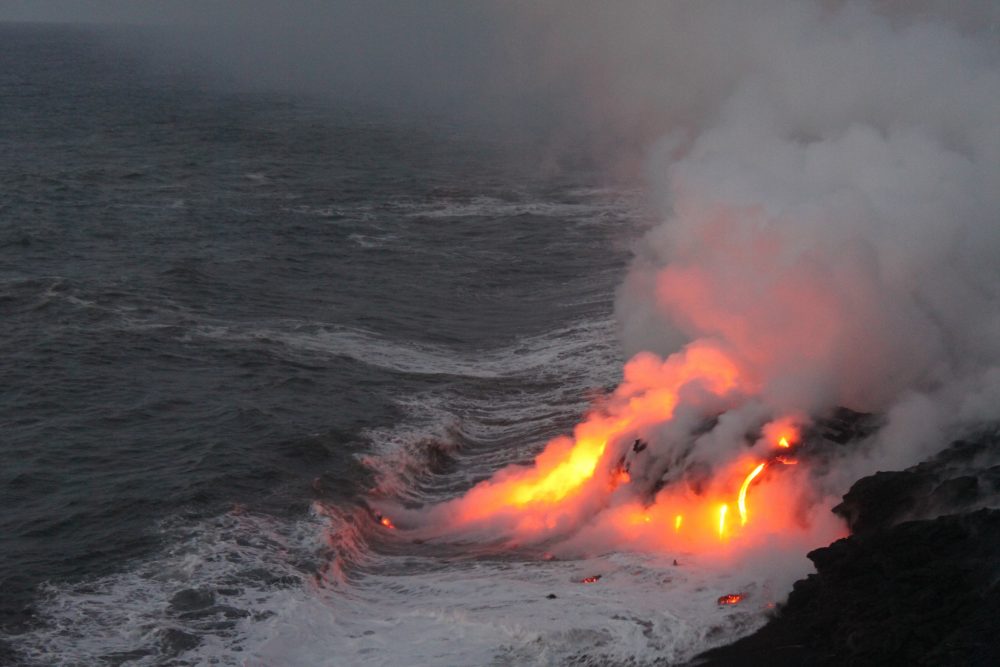
Lava in Hawai’i is reaching the ocean, creating new land but also corrosive acid mist
There is something special and awe-inspiring about watching new land form. This is what is now happening in Hawai’i as its Kīlauea volcano erupts. Lava is reaching the ocean and building land while producing spectacular plumes of steam. These eruptions are hugely important for the creation of new land. But they are also dangerous. Where […]
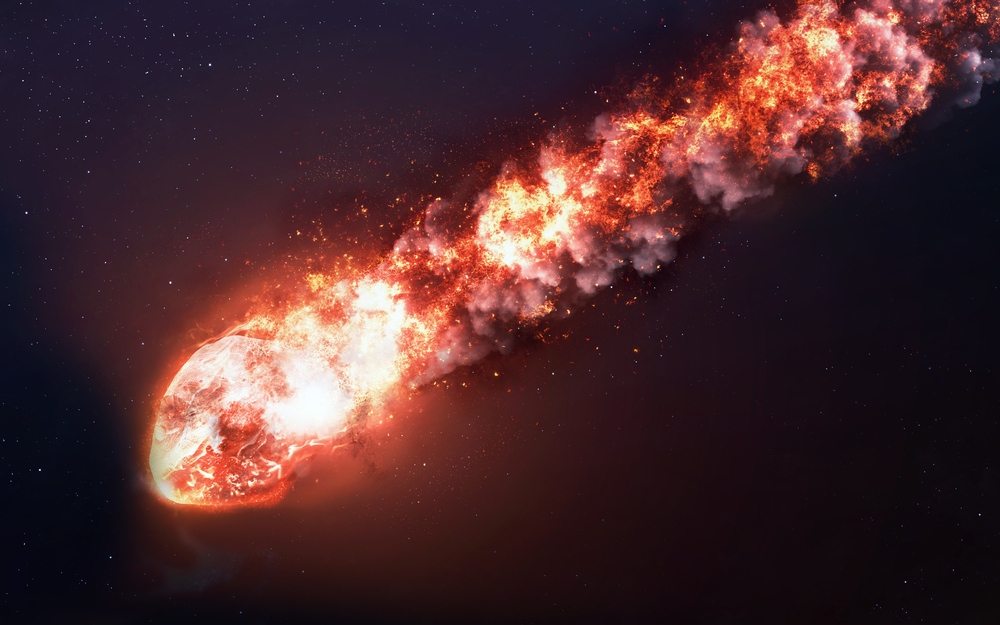
Asteroids and bringing space rocks back to Earth
Professor of Planetary and Space Science, Simon Green, is interviewed by the Space Boffins about asteroids, space rocks, and the next international space missions that academics at The Open University are contributing towards. Speaking about the next space missions, which will focus on collecting asteroid samples, Professor Green, said: “Only the most robust [asteroids] objects survive to the […]
Read more about Asteroids and bringing space rocks back to Earth
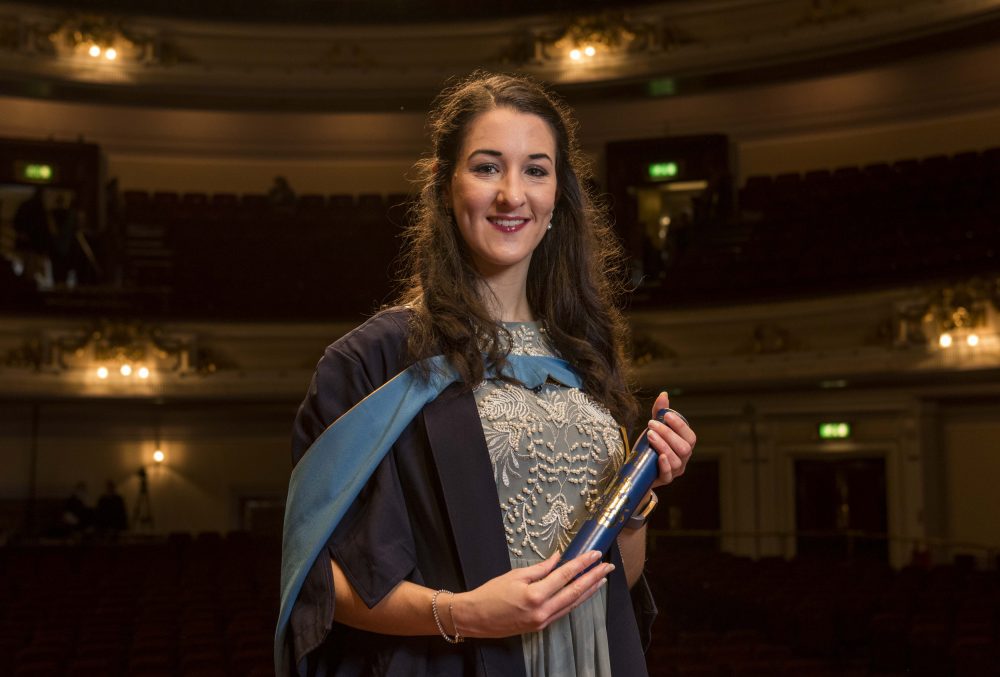
From cleaner to environment manager, Faye says her degree is “so worth it”
Faye Tester went from being a cleaner at a gas distribution firm, SGN, and an extra on TV, to supporting the management of the company’s environmental compliance and procedures. She completely changed her life and says that, if it wasn’t for her Environmental Management and Technology degree with The Open University, she would never have […]
Read more about From cleaner to environment manager, Faye says her degree is “so worth it”

“The Open University was never seen as a lesser choice”
Bass guitar player in The Franklys Zoe Biggs, 29 from Milton Keynes, attended a few traditional university open days whilst studying her A-Levels. But she was unsure about what career path she wanted, and didn’t want to get into debt studying something she might not then use in the future. An extra level of motivation […]
Read more about “The Open University was never seen as a lesser choice”
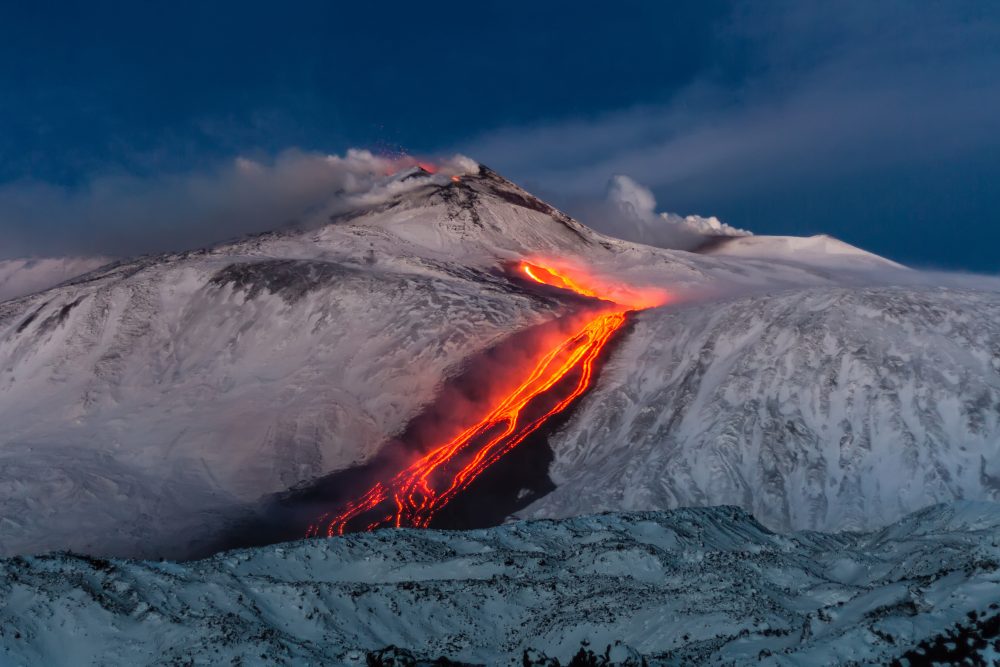
Mount Etna is ‘sliding into the sea and it’s unstoppable’
Scientists at The Open University have discovered that the most active volcano in Europe, Mount Etna, is gradually sliding into the Mediterranean sea. Although scientists have seen sections of volcanoes move before, this is the first time they have observed the movement of an entire volcano. Using 11 years of GPS measurements from all over […]
Read more about Mount Etna is ‘sliding into the sea and it’s unstoppable’
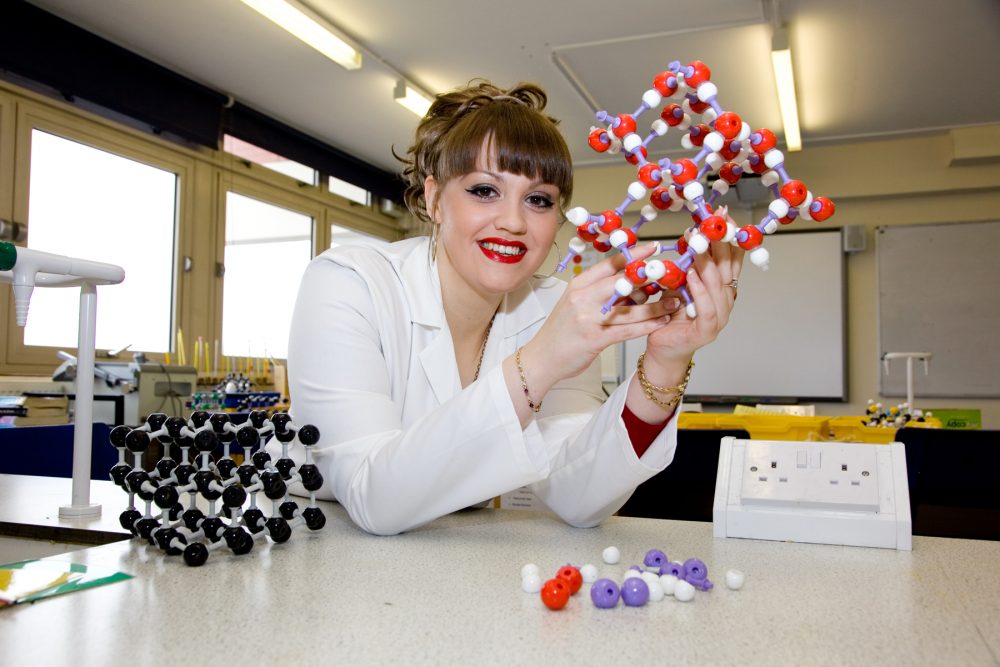
Science isn’t for girls? How Amy proved her doubters wrong
From a young age, 26-year-old Amy King was fascinated by science. But she was told by her school that “science isn’t for girls” and by a traditional university at interview that she was “too glamorous to be a scientist”. She proved them both wrong, and is on track to achieve her dream of a degree […]
Read more about Science isn’t for girls? How Amy proved her doubters wrong

The biological reason why it’s so hard for teenagers to wake up early for school
In societies the world over, teenagers are blamed for staying up late, then struggling to wake up in the morning. While it’s true that plenty of teenagers (like many adults) do have bad bedtime habits, researchers have long since proven that this global problem has a biological cause. In 2004, researchers at the University of […]
Read more about The biological reason why it’s so hard for teenagers to wake up early for school
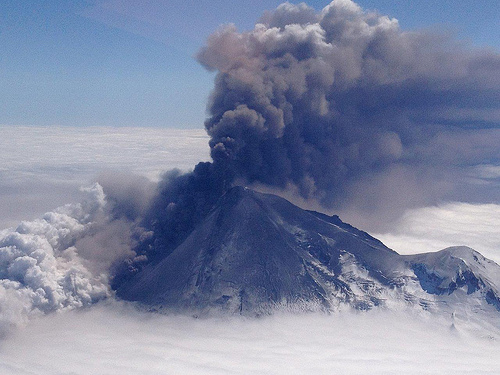
Predicting volcanic eruptions – new technique developed by scientists
Scientists have developed a new method for forecasting the probability of an active volcano erupting. Scientists from The Open University (OU) have developed a new technique to help predict when a volcano is most likely to erupt based on measurements of how much nearby ground swells. The ‘inflation’, or gradual swelling, of the ground that […]
Read more about Predicting volcanic eruptions – new technique developed by scientists

Putting algae and seaweed on the menu could help save our seafood
If we have to feed 9.8 billion people by 2050, food from the ocean will have to play a major role. Ending hunger and malnutrition while meeting the demand for more meat and fish as the world grows richer will require 60% more food by the middle of the century. But around 90% of the […]
Read more about Putting algae and seaweed on the menu could help save our seafood

A glass of whisky could help you get your head around deep time
The Scottish geologist James Hutton made a proposal in 1788 that, at the time, was extraordinarily controversial. He described Earth as a “beautiful machine”, constantly subjected to long-term decay and regeneration, that could only be understood over many millions of years. This may not sound that contentious, but the challenge this posed to humanity’s sense […]
Read more about A glass of whisky could help you get your head around deep time
Page 9 of 13